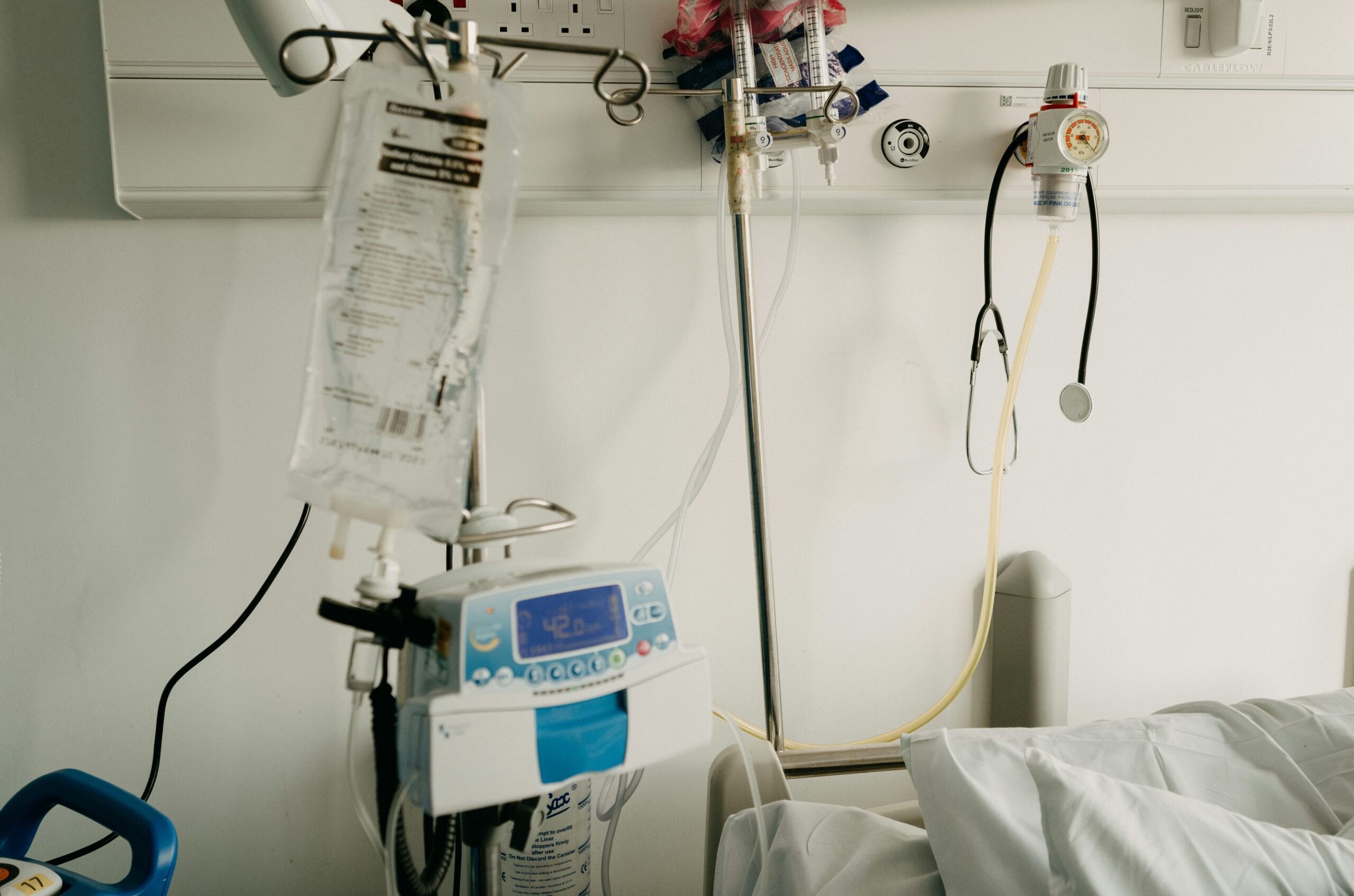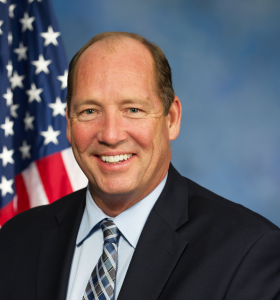
21 May CDR Op-Ed: The U.S. Must Continue Malaria Aid. The Investment Pays for Itself

TED YOHO
Ted Yoho, a Florida Republican, served in Congress from 2013 to 2021, during which time he was chairman of the House Foreign Affairs Subcommittee on the Asia Pacific from 2017-2019. He serves as Co-Chair of the Consensus for Development Reform.
resident Donald Trump is right to question the value of U.S. foreign aid. I know I did. “Get rid of foreign aid” was my rallying cry when I first got to Congress in 2013.
But I quickly learned from bipartisan congressional delegation trips to Africa and Latin America that not all aid programs were bad. I went from skeptic to believer in very little time, becoming a strong proponent of effective aid programs that advance our national interests.
One program that really stood out to me was our malaria prevention initiative. Long before Secretary of State Marco Rubio declared that America’s foreign aid must make America safer, stronger and more prosperous, our malaria assistance was doing just that.
Preventing malaria grows America’s economy, protects U.S. taxpayers, and bolsters American businesses. Putting countries on the path to malaria eradication increases productivity and economic growth, creating stronger markets for U.S. goods and services. Investing in malaria prevention is significantly cheaper than responding to outbreaks or treating advanced cases. U.S. investments reduce the long-term economic burden of the disease, saving American taxpayers money.
Having served on the House Foreign Affairs Committee, I can confidently say that malaria assistance strengthens America’s standing in the world and helps maintain alliances with countries that would otherwise turn to hostile adversaries like China for help. We know that the Chinese Communist Party would love nothing more than to fill the void left by America’s humanitarian retreat overseas. More than just a health program, malaria aid is a critical tool that undercuts the CCP’s ability to spread its ideology.
Speaking of health, the benefit to Americans is considerable. For one, our global efforts to combat malaria protect the thousands of American warfighters in Sub-Saharan Africa and South Asia who are at risk of contracting the disease. Our military must be ready to be deployed globally when needed. That means developing and procuring the best medical countermeasures available to protect our troops — and there’s no reason that should not be done here in America, in American labs, working with American companies.
Next, fighting malaria abroad means we don’t end up fighting it here. And make no mistake, malaria is a threat to Americans here at home. Over 30 states have mosquitoes that can spread the disease, and for many years malaria was prevalent throughout much of the East, Southeastern, and Midwestern regions of the U.S. It was eradicated in 1951, yet just two years ago, Sarasota County experienced a handful of locally transmitted malaria infections. The U.S. also sees approximately 2,000 cases of malaria each year from international travel. Without a sustained malaria prevention effort abroad, we could experience malaria outbreaks in the U.S.
As I said recently, the Trump administration is 100% correct to target wasteful U.S. foreign aid programs that don’t advance America’s best interests. For years, the U.S. has tried to do too much in too many places, diluting our foreign assistance’s humanitarian and strategic impact.
The question before Congress is how to design the future of U.S. international assistance. Recasting foreign aid through an America-first lens, while maintaining the strategic value and goodwill that programs like malaria generate for our nation, will require changes.
Congress should pass legislation mandating bilateral and multilateral aid reviews. Programs that meet the Trump administration’s criteria for foreign aid should be kept; programs that don’t should go.
All countries receiving foreign aid must be put on a journey to self-reliance, and we must concentrate our efforts to have the greatest impact. This could involve a “compact”-style approach that provides the U.S. a clear exit after a number of years and requires countries to substantially boost their own spending on malaria.
Despite significant cuts to most U.S. foreign assistance programs this year, I’m encouraged that the administration has allowed lifesaving programs, like our work to combat malaria, to continue. The truth is, programs like our efforts on malaria demonstrate American leadership and values, promote economic stability, protect Americans from disease, and reduce the ability of adversaries like China to increase their influence in the world.
Trump has an opportunity to be the president who drives down the global malaria burden and secures American borders from malaria once and for all. The technology and know-how exist. All that’s needed is the political will to ensure that fighting malaria remains a pillar of America’s revamped foreign aid strategy.
More From CDR Participants
CDR Op-Ed: The U.S. Must Continue Malaria Aid. The Investment Pays for Itself
By Ted Yoho in the Tampa Bay Times
CDR OpEd: Reauthorizing the DFC puts China on a belt and road to nowhere
By CDR Co-Chairs Ted Yoho and Rob Mosbacher in the Washington Examiner
Former U.S. Rep. Ted Yoho's written testimony: House Foreign Affairs Committee Subcommittee on East Asia and the Pacific
CDR OpEd: I Came to Congress to Gut Foreign Aid. I Was Wrong
By former U.S. Rep. Ted Yoho in Time Magazine
